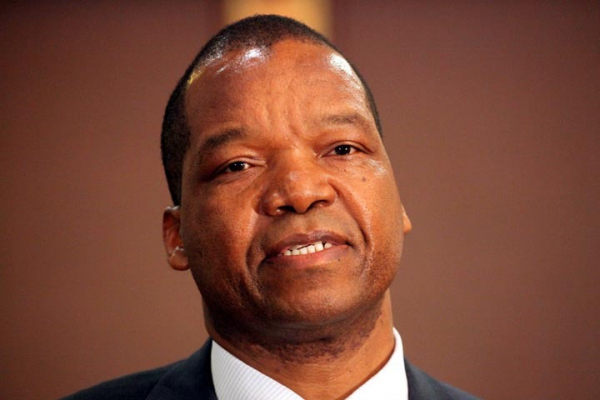
THERE is no debate that Zimbabwe was never going to return to stability and sustainable growth swiftly, without any hitches, pain and hard decisions.
Editorial
If anything, history has shown that there never has been a financial and economic adjustment process bereft of costs and pain.
But who should pay for the costs of adjustment?
Without a doubt, Reserve Bank of Zimbabwe (RBZ) governor John Mangudya and Finance minister Mthuli Ncube’s introduction of the new measures is intended to stabilise prices, address the current currency crisis and correct fiscal imbalances.
The most salient measures include the creation of separate accounts for foreign currency and bond notes/Real Time Gross Settlement (RTGS) transactions, the imposition of a 5% reserve rate requirement on RTGS balances and the upward adjustment in the tax rate on mobile transfer transactions to 2% per dollar from 5 cents per transaction.
The question is not whether the policy measures are appropriate or effective in achieving the set policy goals, but are the policy measures fair and neutral, looking at how the effects are distributed between economic agents — government, firms and consumers/individuals?
Clearly, the policy should be able to apportion the effects equitably to all economic agents in order to minimise welfare loss to one of them.
- Chamisa under fire over US$120K donation
- Mavhunga puts DeMbare into Chibuku quarterfinals
- Pension funds bet on Cabora Bassa oilfields
- Councils defy govt fire tender directive
Keep Reading
The policy measures on back accounts, money transfer tax and reserve rate requirements tend to offload all the costs of the adjustment process almost entirely on consumers and small firms which sit at the bottom of the RBZ foreign currency priority list for the allocation of foreign currency.
For instance, the separation of bank accounts into fully-funded foreign currency accounts and non-foreign currency accounts robs individuals and firms of the cash dollars they originally used to fund the accounts, which were all opened as US dollar accounts.
We believe the authorities completely disregarded the fact that Zimbabwe launched a multi-currency system without initially converting local currency into US dollar, which we have used as a base currency since 2009.
Firms and individuals were reduced into a start-up mode and had to build USD balance sheets from scratch. A majority of firms raised USD through loans and by selling their shares. A majority of consumers earned USD through wages paid by firms which had recapitalised in USD and through cash dollars remitted by their kin and friends in the Diaspora.
All of a sudden, all this money is no longer USD.
Whatever the policy goal may be, the move is a robbery of monumental proportions, considering that the same economic agents, including consumers, lost value when government wrote off Zimbabwe dollar balances nine years ago.
Even if the economy transforms after the adjustment measures, the question remains – at whose cost? Why always consumers?
The challenge is that the 5% reserve requirements rate is applied indiscriminately to mop up excess liquidity, without investigating those engaged in speculative activities or dishonest business. This clearly triggers adverse welfare effects, which tend to savage the incomes of innocent economic agents more than those seeking arbitrage.
Also, the higher taxes on money transfer transactions are punitive and effectively turn the transacting public into unwilling sacrificial lambs to pay for the sins of a grossly extravagant and self-serving government, which has accrued odious debts through fiscal deficits incurred from reckless spending.
Firstly, the RBZ is unable to provide cash for domestic transactions and gets everyone to use electronic money. Secondly, Treasury goes after consumers in the electronic market, a hangman’s noose in hand. This has left consumers at the mercy of four predators — inflation, which keeps eroding their incomes; parallel market dealers who are selling cash at a premium; the RBZ, which is now grabbing a large chunk of RTGS balances and Treasury, now demanding a share of every dollar transacted.
The combined effect of these policy measures is a downright erosion of the incomes and welfare of consumers and small entrepreneurs.











